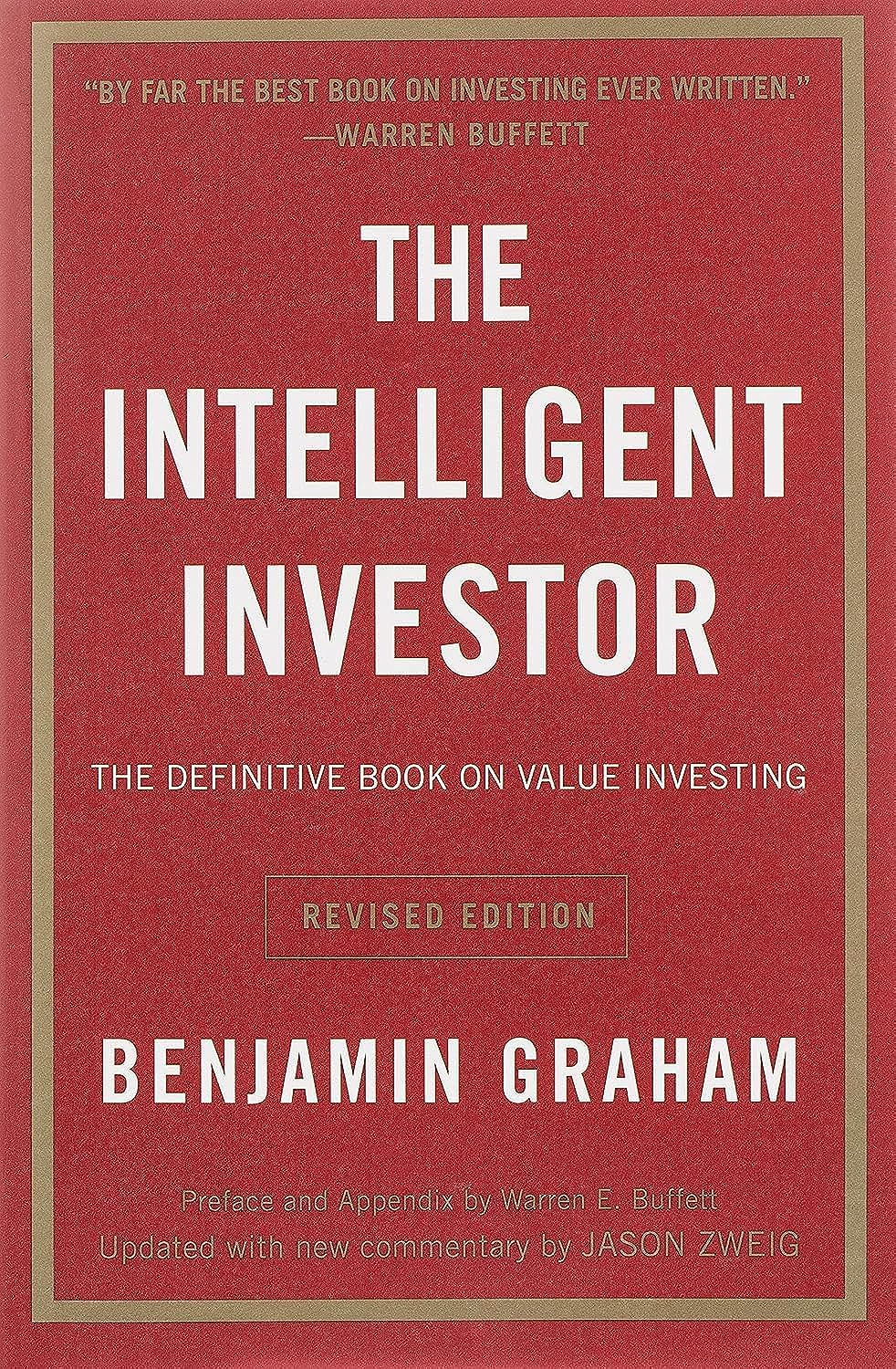Top 10 Must-Read Books to Understand the Stock Market
Understanding the stock market is crucial for making informed investment decisions and building long-term wealth. Whether you're a beginner investor or looking to deepen your knowledge, reading the right books can transform your approach to investing. This curated list of the top 10 must-read books covers everything from fundamental analysis and value investing to behavioral psychology and market history. Each book offers unique insights that have shaped successful investors' strategies for decades. These timeless classics and modern masterpieces provide the knowledge foundation needed to navigate the complexities of the stock market with confidence and discipline.
- Margin of safety: Buying stocks at prices significantly below their intrinsic value - Mr. Market analogy: Understanding market volatility and emotional decision-making - Defensive vs. Enterprising investing: Two approaches for different investor types - Long-term perspective: Focusing on fundamental value rather than short-term price movements
- Efficient Market Hypothesis: Why it's difficult to consistently outperform the market - Index fund investing: The benefits of passive investing - Diversification: Spreading risk across different asset classes - Modern Portfolio Theory: Balancing risk and return
- Invest in what you know: Using everyday observations to find stocks - Growth investing: Identifying companies with strong growth potential - PEG ratio: Price-to-earnings to growth ratio for valuation - Multi-bagger stocks: Finding stocks that can multiply your investment
- Wealth vs. Rich: The difference between having money and keeping it - Compounding: The power of time and patience in building wealth - Luck and risk: How chance plays a role in financial success - Financial independence: Building enough wealth to have control over your time
5. Security Analysis by Benjamin Graham and David Dodd
- Fundamental analysis: Deep dive into company financials - Corporate valuation: Methods for determining intrinsic value - Bond analysis: Understanding fixed-income securities - Financial statement analysis: Reading balance sheets, income statements, and cash flow statements
- System 1 and System 2 thinking: Fast, intuitive vs. slow, deliberate thinking - Cognitive biases: How mental shortcuts lead to investment mistakes - Loss aversion: Why losses hurt more than gains feel good - Overconfidence: The danger of thinking you know more than you do
7. Coffee Can Investing by Saurabh Mukherjea
- Coffee Can Portfolio: Buying quality stocks and holding them for decades - Quality investing: Identifying companies with strong competitive advantages - Long-term compounding: The power of patience in Indian markets - Clean governance: Importance of ethical management
- Behavioral finance: Understanding investor psychology - Indian market dynamics: Unique aspects of investing in India - Common investing mistakes: Pitfalls to avoid - Value investing principles: Applied to Indian context
- Personal finance basics: Budgeting, saving, and financial planning - Tax-saving instruments: ELSS, PPF, and other tax-efficient investments - Mutual funds: Understanding and investing in Indian mutual funds - Insurance: Choosing the right insurance products
10. The Little Book of Common Sense Investing by John C. Bogle
- Index fund investing: The benefits of passive investing - Cost matters: How fees eat into returns over time - Diversification: Spreading risk across the entire market - Long-term perspective: Staying invested through market cycles











